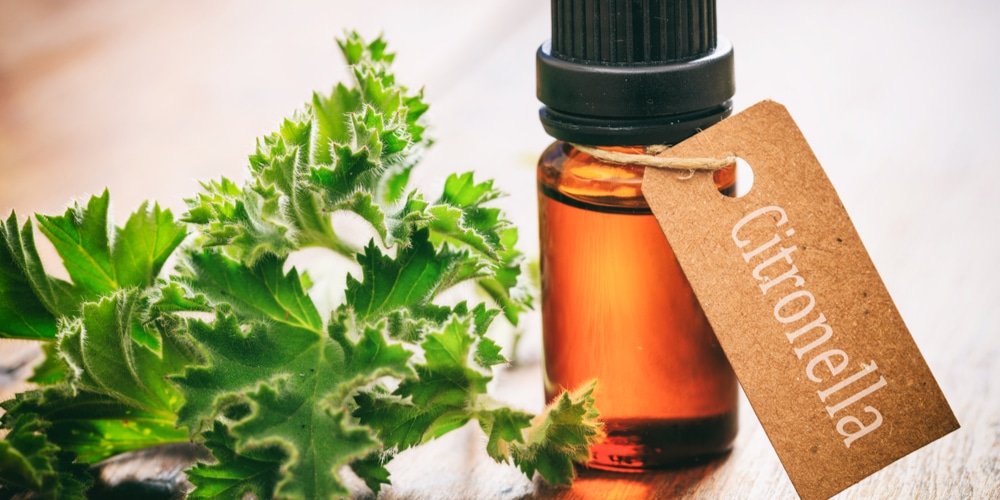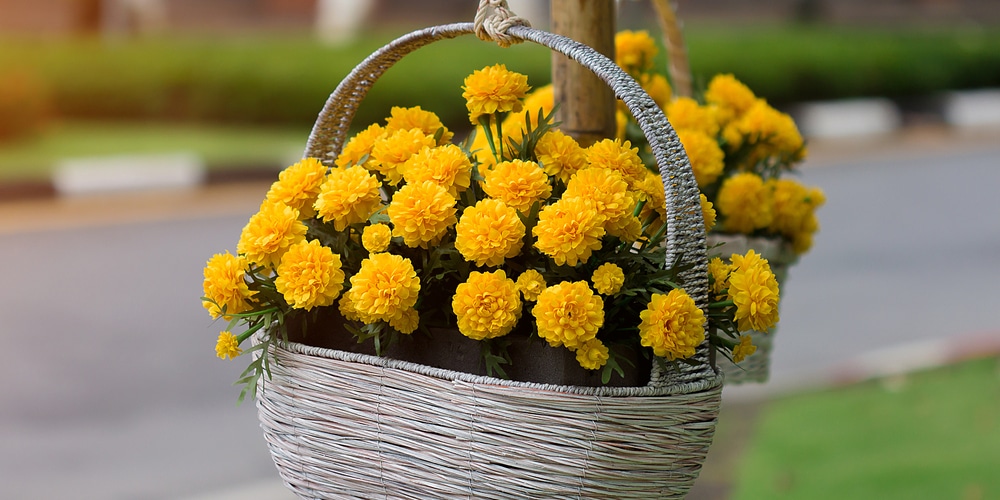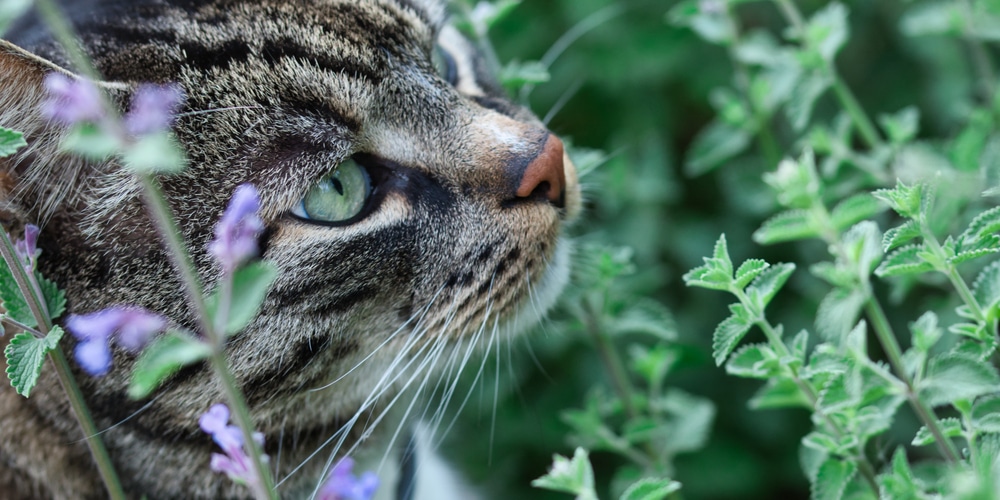If you live in Georgia, you know how humid it can get. Georgia’s climate is ideal for many insects, including mosquitoes. And none likes to spend time in a garden where these annoying insects will bite you. Luckily, you can keep mosquitoes away using several control methods.
For instance, did you know some plants can repel them? If you want to learn more about this, keep reading. Here, you’ll find a list of our favorite plants that repel mosquitoes in Georgia!
Plants that repel mosquitoes in Georgia
By following our tips, you might be able to enjoy your outdoor spaces without having to worry about pesky insects!
Citronella

One of the best plants you should consider adding to your garden to limit the mosquito population is citronella. Not for anything, this fragrant plant is also known as the “mosquito plant.” Citronella releases a strong scent that keeps most insects away, and its oil is a popular ingredient in repellents.
However, you don’t have to purchase chemical products if you can grow the plant! The good news is that it isn’t hard to grow, making it suitable even for beginner gardeners.
Plant it in a sunny location and keep it moist. Use a well-draining substrate and ensure it has adequate space to grow. This plant does well in containers. But these plants might get as tall as 6 feet, so keep that in mind! You can prune your citronella to keep it in shape.
Unfortunately, citronella is better suited to warm weather. That means that you can grow it in your garden if you live in the southern regions of Georgia. Indeed, the plant won’t survive winter at USDA hardiness zones below 8.
Marigolds
It might surprise you, but marigolds are excellent plants to keep insects at bay. These stunning flowering plants are ideal companion plants: their smell repels most pests, including mosquitoes.
So, if you are looking for something to make your landscape more attractive and, at the same time, protect you from mosquito bites, you should consider adding marigolds.
You can grow them in containers: place their pots near doors and windows to protect your interiors!
Marigolds aren’t picky: they tend to adapt to most conditions and will thrive in USDA hardiness zone 2 to 11. So, regardless of where in Georgia you live, you shouldn’t have problems growing these gorgeous flowers.
Keep in mind that in USDA zones below 7, they might have a shorter lifespan.
Catnip
Catnip is a perennial grass that you might know because of its attractiveness to cats. This herb is easy to grow and will also repel mosquitos from your garden. It will thrive in USDA hardiness zones from 3 to 9, meaning you won’t have any issues with the climate growing it in Georgia.
Plant your catnip in well-draining soil and in a location that receives plenty of sunlight. Avoid fertilizing your herb: adding chemicals to the ground might reduce the intensity of the scent, which might hinder the plant’s capacity to repel mosquitoes.
Consider growing your plant in a container to prevent its aggressive spread. Indeed, under ideal conditions, catnip might become aggressive, which might cause problems for other plants.
Lavender
Lavender is another excellent plant you should add to your garden to make spending time outdoors more pleasant. Its strong (and delicious smell) will keep some pests away from your property, including mosquitoes.
The plant prefers well-draining and slightly arid conditions. So, growing lavender in Georgia might be challenging. However, lavender thrives in USDA hardiness zones from 5-9.
So, with adequate protection from humidity and a suitable substrate, you should have no issues with it.
Besides protecting you from mosquitoes, lavender will also attract beneficial pollinators, such as bees and butterflies. It might help with the reproduction of other plants!
Lemon Balm
Finally, lemon balm is another option to control the mosquito population in your garden. This perennial is tolerant to USDA hardiness zones from 3 to 7, making it ideal if you live in the northern parts of Georgia.
The plant releases a citric smell that might be attractive to humans, but it will keep most insects away. Plant your herb in a sunny location and avoid overwatering it, which might cause bolting or premature death.
Lemon balm needs at least six hours of direct sunlight to thrive. You can successfully plant it in containers near windowsills to prevent mosquitoes from getting into your house. Grow your plant in slightly acidic to neutral soil for best results.



